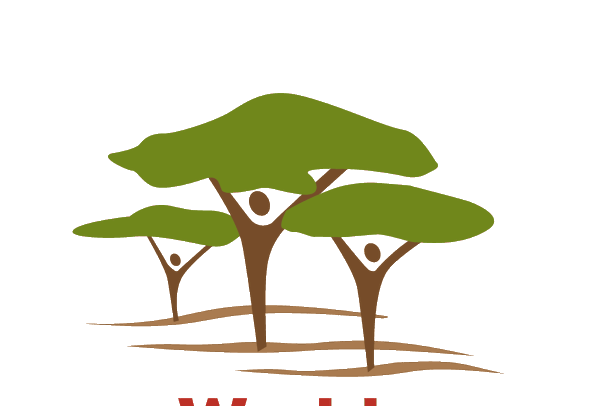|
Getting your Trinity Audio player ready…
|
By Baboloki Semele
The fifteenth world forestry congress (XV WFC) side event organized by the African Forest Forum (AFF) and partners last month, served as a rallying call for African forestry stakeholders to place nature-based solutions in combination with other safety nets, at the heart of climate change mitigation and adaptation strategies on the continent.
According to a press statement from African Forest Forum, over the past several years, nature-based solutions have been receiving increasing attention for their potential to improve the income of forest-dependent communities.
The release says since the United Nations General Assembly proclaimed 2021-2030 to be the United Nations Decade on Ecosystem Restoration, nature-based solutions have also been recognized as important elements in forest conservation, sustainable use and restoration to address climate change mitigation and adaptation, biodiversity, and ecosystem services benefits for human well-being.
This according to the release focus, among other key issues related to the continent’s transition to a green and resilient future, was discussed in an AFF hybrid side event entitled, ‘Strengthening forest management for enhanced livelihoods and resilience in a changing environment in Africa” in Seoul, South Korea on 2 May 2022.
The session brought together more than 100 participants both onsite and virtually, for an interactive discussion on the need for a balanced approach between conservation and use of forest and tree resources. Speaking virtually at the event, Prof. Godwin Kowero, Executive Secretary – CEO of the African Forest Forum (AFF), noted that while international forest policy dialogue had supported the development of a green and resilience agenda for the African continent, more effort was needed in enhancing synergies across related agreements and processes.
He said the often difficult and complex problems associated with the implementation of these processes required a fundamental rethinking of the dominant policy approaches adopted by the continent. Prof. Marie Louise Avana- Tientcheu, a Senior Programme Officer at AFF, underscored the African framework for integrating mitigation and adaptation in response to climate change, as the institution’s strategic effort to support locally appropriate actions that address socio-environmental challenges.
With around 284 million people living in or around forest and savannah areas, she said the M&A framework would focus on enhancing resilience and forestry practices towards repairing, restoring, and regenerating nature and communities. Further, foster inter-sectoral integration of forest and on-farm tree-based interventions, advocate for incentives, and capacity building support to stakeholders to in effect boost the potential of nature-based solutions to tackle climate action.
One such solution is the Reduction of Emissions from Deforestation and Degradation (REDD+) mechanism. Mr. Charles Meshack, Executive Director, Tanzania Forest Conservation Group (TFCG) shared evidence of the effectiveness of REDD+ at the local level.
He showcased how practices of intelligent management of lands by forest-dependent communities helped to reduce deforestation in Tanzania. The additional evidence presented by Dr. Ben Chikamai, Executive Secretary of the Network for Natural Gums and Resins in Africa (NGARA) at the side event, demonstrated the potential role and contribution of Non-Timber Forest Products (NTFPs) value chains in climate change mitigation and adaptation.
He showed that in arid and semi-arid parts of Africa, NTFPs when harvested sustainably were able to generate income for households while enabling the conservation of ecosystem functions. Ms. Cecile Ndjebet, President and Founder of the African Women’s Network for Community Management of Forests (REFACOF) and winner of the 2022 Wangari Maathai Forest Champions Award, equally emphasized the need for gender-responsive actions to significantly improve the performance of forest landscape projects and programs.
She said that by strengthening women’s active participation, land and tree tenure rights, and applying equitable benefit-sharing mechanisms, more effective and equitable impacts would be achieved.
Based on scientific literature and extensive stakeholder consultations (IUFRO Global Assessment Report, 2022), Dr. Doris Mutta, Senior Programme Officer at AFF, confirmed the need for natural capital assets to take on a more central role in advancing global poverty reduction and sustainability goals.
With the implementation period for both the African Union’s Agenda 2063 and the UN Sustainable Development Goals well underway – the conservation, sustainable management, and restoration of forests and tree-based systems would be a key pathway to realising a more prosperous future for the continent.
The hybrid side event was held by AFF in collaboration with the Network for Natural Gums and Resins in Africa (NGARA), the African Women’s Network for Community Management of Forests (REFACOF), and the Tanzania Forest Conservation Group (TFCG). It was hosted by the Government of the Republic of Korea at the Coex Convention Center and made possible with support from the Swiss Agency for Development and Cooperation (SDC) and the Swedish International Development Cooperation Agency (Sida).
